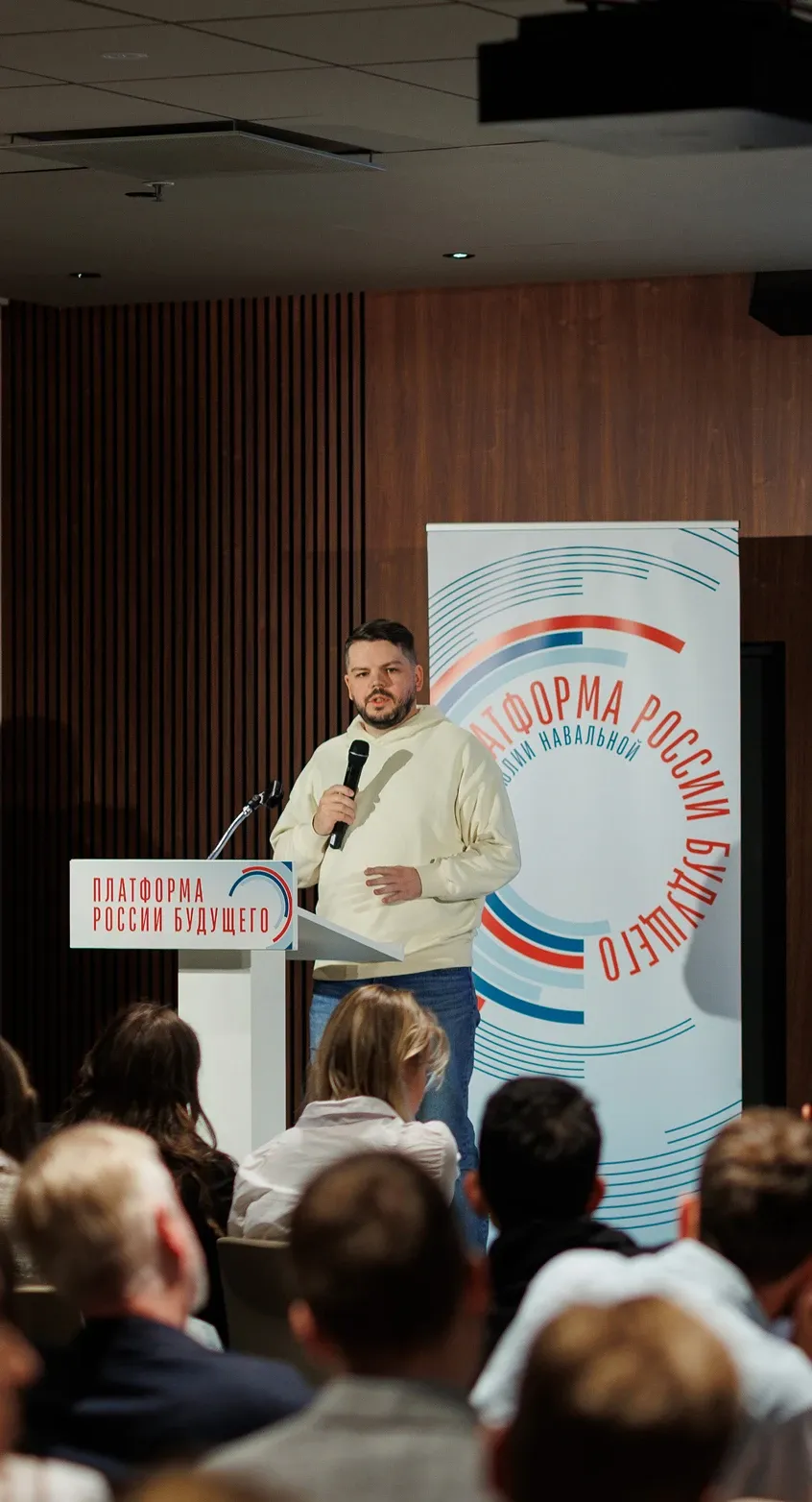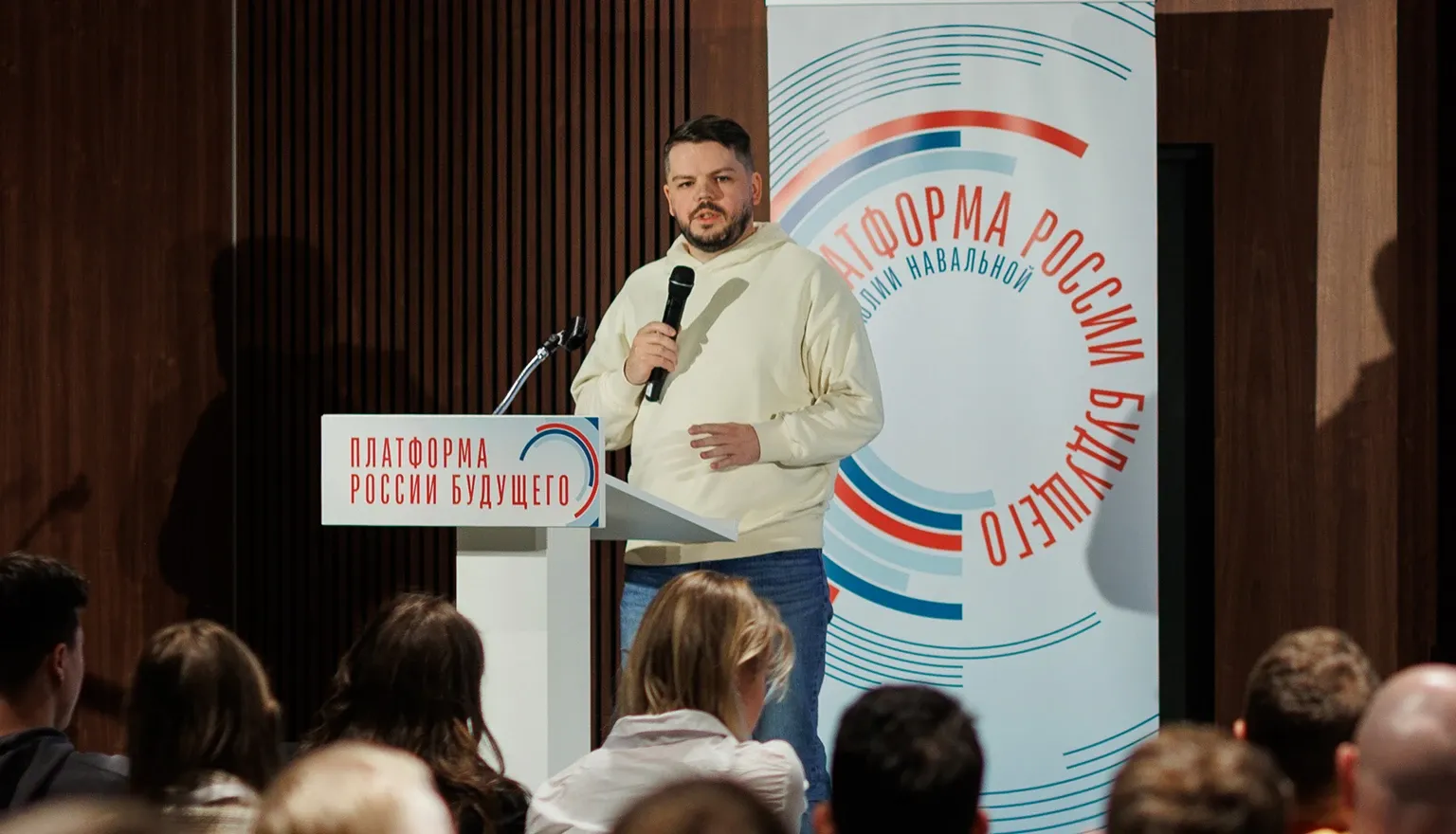
II Expert Forum
The second forum took place on 9–11 May, 2025. We brought together 66 leading experts, including economists, lawyers, journalists and human rights advocates. Divided into several working groups, they developed proposals centered on one key question: What should the Russia of the future look like?
What makes our forum truly special is its unpredictability: how the conversation unfolds depends entirely on the participants themselves. Which questions will they find most pressing? Will one group’s ideas shape another’s thinking? We don’t know in advance— and we don’t try to influence the discussion. That’s exactly what makes it so engaging.
My plan was to create a space where leading experts from diverse fields could come together for a serious discourse — and I’m glad to see that it is working. In Russian politics, open dialogue and the ability to really listen are in short supply. This is why I wanted to bring these brilliant minds into one room and give them the freedom to explore, debate, and build better strategies together. No one understands how to save the Russian economy better than economists — but they have differing views and approaches. It’s only through open, unrestricted discussion that we can move towards a solution.
The documents below reflect a work in progress and mark a midway point in the experts’ work. It’s too early to call this a political programme; much discussion still lies ahead, and many ideas will continue to evolve. But this is an important step forward on the path to Russia’s future, and I’m proud we’ve taken it.
-2.jpg)
Yulia Navalnaya
You can take a look at the proposals put forward by the experts:
We will continue the conversation and raise new issues at the next forum.If you would like to suggest an expert — or if you are one yourself — please send your proposal to [email protected]
Discussions about how a democratic Russia should be built — and the development of proposals that grow out of those discussions — are crucial both for the future, when the opportunity to rebuild the country arises, and for the present, as society needs a clear and positive vision of what that future could look like. No one has a monopoly on these conversations or ideas. On the contrary, diverse proposals enrich one another — and even when there are competing approaches, it only contributes to a better outcome.
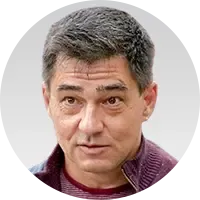
Sergey Davidis
Human rights advocate, Support for Political Prisoners. Memorial
There is no future without a vision of the future. Without a strategy and clear reference points, it’s hard to set goals that are even remotely achievable. And without conversation, debate, and networking, projects — including charity projects — don’t happen.
I stopped overestimating the value of forums a long time ago. But we shouldn’t underestimate them either. I stopped overestimating the value of forums a long time ago. But we shouldn’t underestimate them either. In an atomised world, where ties between people are weakened, the shape of the future depends largely on which of those connections we manage to preserve or strengthen — and those which we don’t.
Life is not over. Meaning is still being created. Political imagination must keep evolving. And people still need one other.

Daria Serenko
Coordinator of the Feminist Anti-War Resistance, writer
Student competition
This year, 15 students also participated in the forum. We want to hear their vision of the future — after all, it is they who will be building a new Russia.
The students talked with the experts, presented their own ideas, and took part in lectures, seminars, and discussions led by Tamara Eidelman, Leonid Volkov, Michael Naki, and Konstantin Sonin.
I believe the most important thing we can do right now is not to lose ourselves in the overwhelming storm of historic events — but to stand firm with like-minded people and keep working.
To question every foundation, authority, rule, and pattern; to search for new paths. There are still many questions to answer, and even more ideas to consider — and that’s a good thing. It means it’s not all in vain, not all lost.
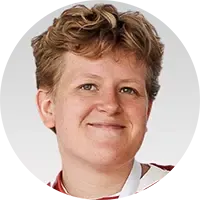
Asya Burmistrova
Faculty of Liberal Arts and Sciences, Budva
I grew up going to rallies, taking part in election campaigns, and the ideas of the FBK and so it was my dream to meet the team in person: to go up and talk with them, discuss different aspects of the Beautiful Russia of the Future, and learn as much as I could from them.
We spoke with so many people — from volunteers to media figures. These three days felt like six months of university classes! Every speaker was not just an expert, but someone with personal experience of fighting against real evil.
Each of them has faced — and continues to face — losses, hardships, and serious challenges. And yet, they were all incredibly kind, open, and sincere.
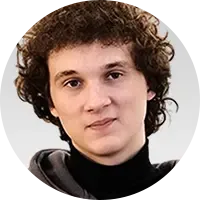
Artyom Sakharov
European Humanities University, Lithuania
